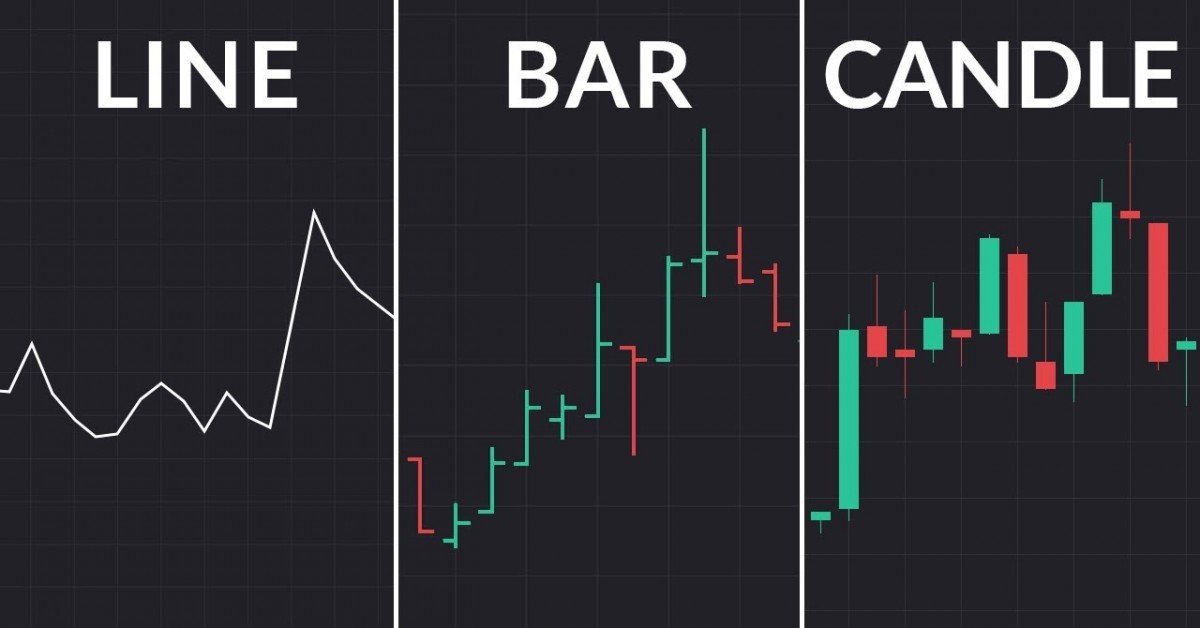The Impact of Greed and Fear in Forex Trading: Complete Guide
In the world of Forex trading, where prices fluctuate by the second and fortunes can be made or lost in a day, emotions play a critical role. Among all emotions, greed and fear are the two most powerful forces that shape a trader’s decisions — often leading to irrational behavior, poor risk management, and inconsistent performance.
This detailed article explores how greed and fear impact Forex traders, how to identify these emotions in your trading behavior, and proven strategies to manage them effectively.
1. Understanding Greed and Fear in Forex Trading
Greed:
Greed arises when traders become overly focused on making profits. This emotion often leads to excessive risk-taking, holding onto winning trades for too long, or overtrading to chase profits.
Common greedy behaviors include:
- Ignoring stop-loss levels in hopes of bigger profits.
- Increasing trade sizes impulsively after a win.
- Refusing to close profitable trades in anticipation of “just a little more.”
- Entering the market too frequently without a proper setup.
Fear:
Fear surfaces when traders worry about losing money or missing out on opportunities. It causes hesitation, premature exits, or avoiding trades altogether.
Common fear-based behaviors include:
- Closing trades too early due to fear of reversal.
- Not taking trades even when setups are valid.
- Moving stop-loss too close to entry.
- Getting stuck in analysis paralysis.
2. The Effects of Greed in Forex Trading
a. Overtrading
Greedy traders often open multiple trades without sufficient analysis, believing more trades mean more money. However, overtrading increases exposure and the risk of cumulative losses.
b. Lack of Discipline
Greed can lead traders to abandon trading plans. For instance, they might skip confirmations or enter trades based on emotions rather than logic.
c. Holding on Too Long
When a trade is in profit, greedy traders may avoid closing it, thinking the price will keep going. This often results in missed opportunities or even turning a winning trade into a loss.
d. Revenge Trading
Greed also fuels revenge trading—trying to recover losses with aggressive, unplanned trades. This spiral usually leads to more losses.
3. The Effects of Fear in Forex Trading
a. Premature Exits
Traders often close trades early due to fear of losing the profit they’ve made, even when their strategy indicates there’s more room to run.
b. Failure to Execute Trades
Valid trade setups may be skipped due to fear of losing money, which causes missed opportunities and frustration.
c. Overly Tight Stops
Setting stop-loss orders too close to the entry point, driven by fear, often leads to trades being stopped out by market noise.
d. Inconsistent Trading
Fear leads to inconsistent behavior — such as switching strategies frequently or avoiding the market after a single loss.
4. The Greed-Fear Cycle
Many traders fall into a psychological loop:
- They start cautiously (fear).
- Win a few trades and get confident (greed).
- Overtrade and lose money (fear returns).
- Either stop trading or try to recover losses (more greed).
This vicious cycle continues until the trader either burns out or learns to manage emotions.
5. Strategies to Manage Greed and Fear
a. Develop and Follow a Trading Plan
A solid trading plan defines:
- Entry and exit rules
- Risk-reward ratios
- Position sizing
- Maximum trades per day
Sticking to your plan reduces emotional decision-making.
b. Use Risk Management Tools
- Set stop-loss and take-profit levels before entering a trade.
- Limit your risk per trade (typically 1-2% of your account).
- Use trailing stops to lock in profits while limiting loss.
c. Journal Your Trades
Document each trade and include:
- Why you entered the trade
- Emotions you felt
- Results and lessons learned
Over time, you’ll notice emotional patterns and can work to correct them.
d. Avoid Overexposure
Never risk large portions of your capital in a single trade. The larger the position, the more intense your emotions will be.
e. Set Realistic Profit Targets
Unrealistic expectations can fuel greed. Stick to attainable goals — even small consistent gains compound over time.
f. Practice Mindfulness
Take breaks. Don’t trade when you’re emotional, tired, or stressed. Use breathing exercises or meditation to calm your mind before trading.
g. Use Demo Accounts to Build Confidence
If fear is paralyzing you, practice your strategy in a demo account. This helps develop confidence without the pressure of real money.
6. Quotes from Professional Traders on Greed and Fear
“The market is a device for transferring money from the impatient to the patient.” – Warren Buffett
“Trade what you see, not what you want to see.” – Anonymous
“Successful trading is 80% psychological and 20% technical.” – Mark Douglas
These insights emphasize that mastering your trading psychology is as important as any indicator or strategy.
7. Final Thoughts
Greed and fear are natural human emotions, and it’s impossible to eliminate them completely. However, acknowledging their existence and implementing systems to control them can significantly improve your Forex trading outcomes.
To become a successful trader, remember:
- Don’t let greed make you overextend.
- Don’t let fear keep you out of the game.
- Stick to your plan and manage risk religiously.
- Be disciplined, patient, and always emotionally aware.
Mastering these inner battles separates amateur traders from professional ones in the world of Forex.




